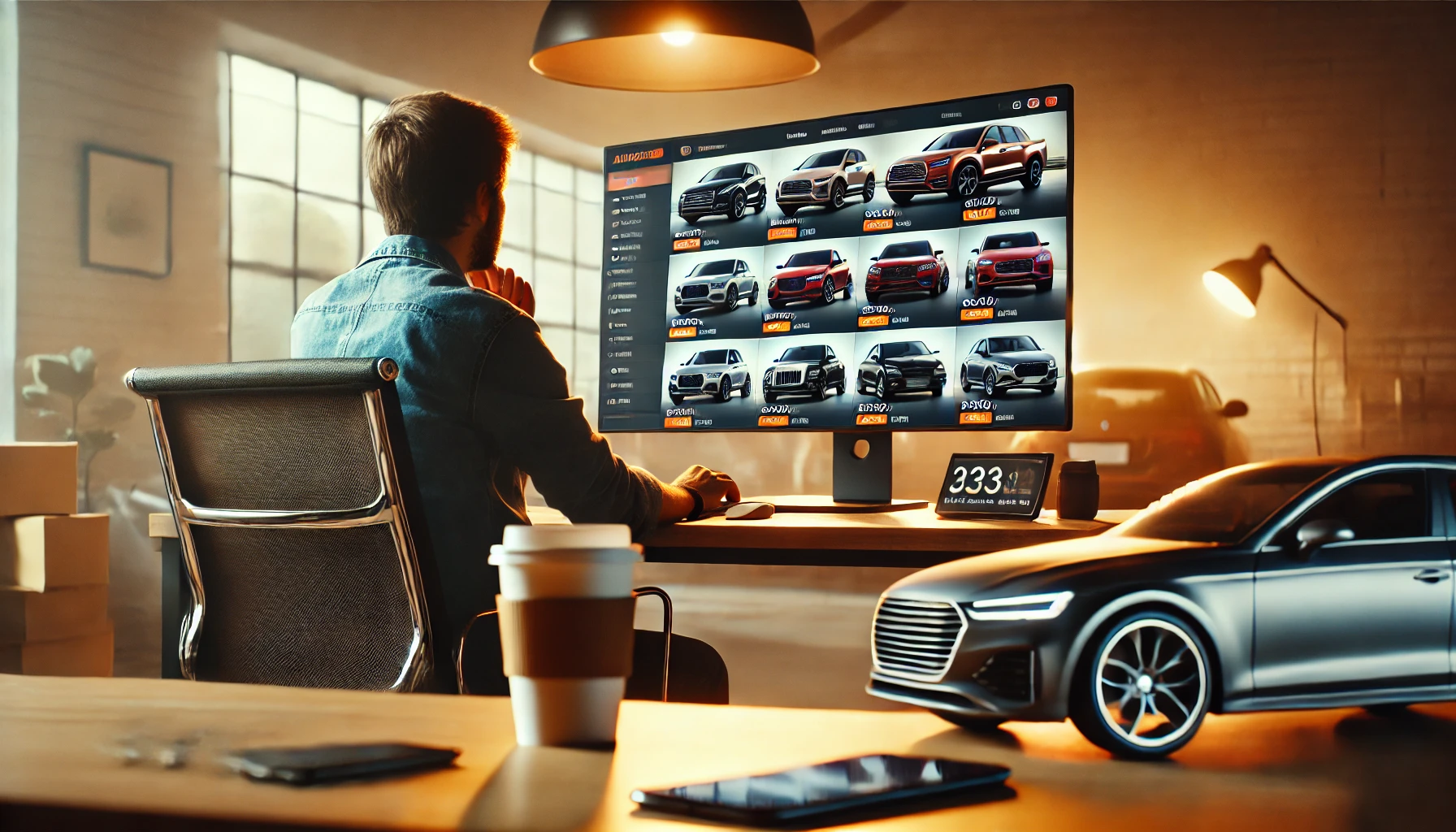Car auctions are becoming an increasingly popular way to purchase a vehicle at an attractive price. However, for those participating for the first time, it can be overwhelming with many questions and challenges. This article aims to provide a better understanding of how car auctions work, what mistakes to avoid, and which terms are essential to know before getting started.
How Do Car Auctions Work?
Car auctions are platforms where cars are sold, and buyers compete by placing bids. Auctions can be of two types:
- Live Auctions: Held at physical locations where participants place their bids in person.
- Online Auctions: Allow remote participation through specialized platforms like Euroleasingauto.com.
Auctions typically sell used cars in good condition, but some specialize in damaged vehicles, those with technical defects, or post-insurance incidents. The process generally includes the following steps:
- Registration: To participate, you must register.
- Car Inspection: You can review the car's description, photos, and inspection report.
- Bidding: During the auction, buyers place bids. In open, classic auctions, buyers see the highest bid, while in closed auctions (tenders), they do not. After the auction ends, the seller considers the highest bid. If the price is satisfactory, the sale is confirmed.
- Payment and Pickup: The winner pays the full amount (often with additional fees), and the car can be picked up once registration and sale documents are processed.
In the case of Euroleasingauto.com, all fees are clear at the time of bidding, meaning no additional costs after winning confirmation.
Common Beginner Mistakes and How to Avoid Them
Participating in an auction for the first time can lead to mistakes. Here are some of the most common pitfalls and ways to avoid them:
- Inadequate Preparation: Beginners often underestimate the type of cars sold at auctions. Some may have serious defects, and repairs could cost more than the car's value.
Tip: Carefully review descriptions and consult with experts if possible. Our managers are experienced auction professionals, so feel free to consult with them before making a bid. - Underestimating Additional Fees: The auction price does not reflect the final price—administrative, transportation, and other fees may apply.
Tip: Familiarize yourself with all possible expenses before placing a bid. Euroleasingauto.com provides all fee information during the auction, so consider the "Total" line. - Overenthusiasm During Bidding: It's easy to get caught up and bid more than planned.
Tip: Set a budget and stick to it. In open auctions, use the Autobid function, which automatically raises your bid against competitors but does not exceed your maximum set price. - Irresponsible Behavior: Some buyers place bids out of curiosity, thinking they can cancel as in a regular online store. However, this rule does not apply to public auctions. Non-compliance leads to penalties.
Tip: To avoid financial loss and unpleasant emotions, place bids only after thoroughly assessing your financial capacity and only for cars you genuinely intend to purchase. - Misjudging Car Value: Beginners may overestimate the benefits of buying, especially if the car is damaged.
Tip: Determine the market value of the car before participating in the auction.
Car Auction Terms: What You Must Know Before Participating
Before participating in an auction, make sure you understand these key terms:
- "As-Is": The car is sold in its current condition, without a warranty or additional repairs. The buyer assumes all risk.
- "Reserve Price" or "Minimum Price": The minimum price the seller wants. If the bid does not meet this amount, the car will not be sold.
- "Buy Now": The option to purchase the car at a predetermined price without waiting for the auction to end.
- "Salvage Title": Indicates a car that has been significantly damaged and deemed unfit for use without repairs by insurance companies.
- "Hot Bid": A term often used in auctions to indicate a period of active bidding competition. During this time, a limited refresh period—usually between 30 seconds and 2 minutes—is given, after which, if no higher bid is received, the auction closes and the seller considers the highest offer.
Conclusion
Car auctions can be a great way to purchase a vehicle, but only if you are well-prepared. Carefully study the rules, learn important terms, and avoid common mistakes. Most importantly, remain vigilant and make decisions based on logic, not emotions. With proper preparation, auctions can be not only a valuable experience but also an excellent way to save money.








